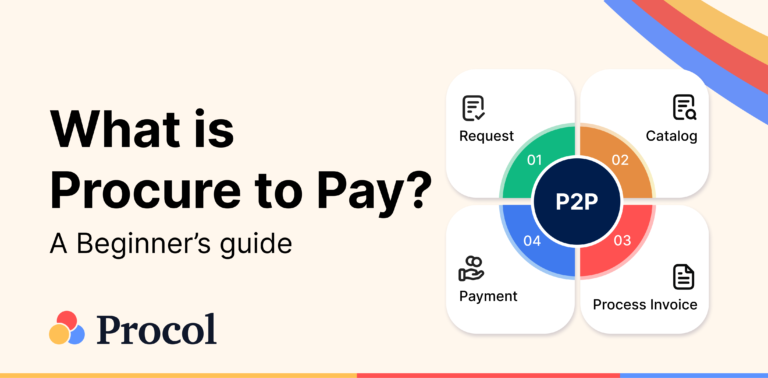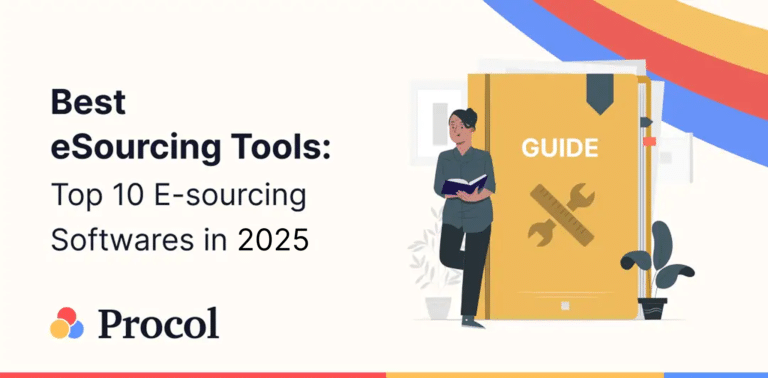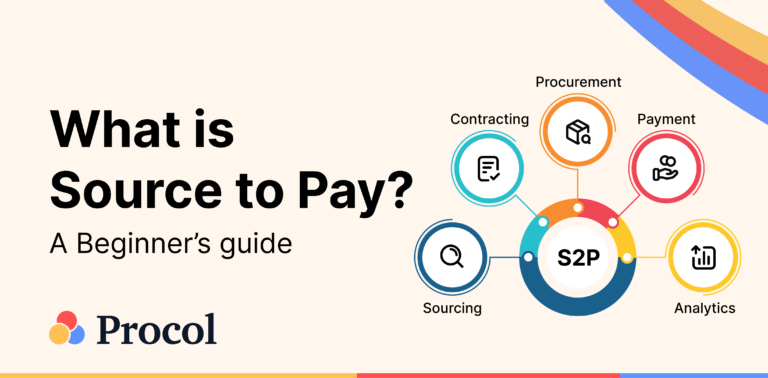What is Invoice Management ?
Businesses track and pay supplier invoices through invoice management, also called invoice processing. The process begins with receiving an invoice from a third party, checking it, paying the supplier, and documenting the payment in the business’s records.
Innovative businesses seek ways to eliminate two things:
- Manual data entry, which is time-consuming and prone to many mistakes
- Duplicate handling and excessive communication.
Automation of invoices is the remedy in this situation. The point-of-contact can input the data into a solution as soon as they receive it rather than distributing a PDF throughout the company for approval.
Benefits of Invoice Management
Processing data accurately
When you manage and generate more invoices, there is a higher possibility of error. Additionally, the likelihood of typos, repetition, numerical transposition, or other errors doubles when everything is done manually. Automated solutions for invoice management are your line of defense against these errors. Accounts payable and receivable are automated for you, so you don’t have to manually input invoice data onto spreadsheets. Also eliminated are double payments, misplaced items, and other data entry problems.
Quicker Bill Processing
You may process invoices twice as quickly, spend less on accounts payable, and minimize human error using invoice management tools. These benefits will eventually result in cheaper invoice costs, improved working relationships with suppliers, and fewer problems with vendor payments.
Faster Payment Acceptance
You can prevent invoice approval bottlenecks with the help of invoice management systems. Users with the necessary authorization level will automatically be able to authorize bills without wasting time, thanks to invoicing systems with built-in authority logic.
Instantaneous Insights
Financial leaders have immediate access to the KPIs they need to grow their companies thanks to optimized accounts payable solutions. Solutions for invoice management include dashboards for tracking invoice data. Managers of AP will only have to hunt for invoices to determine how much money is owed to whom or whose sales invoices are past due. Invoice reports are automatically generated by invoice management platforms, enabling financial leaders to monitor a company’s overall financial health in real-time.






















